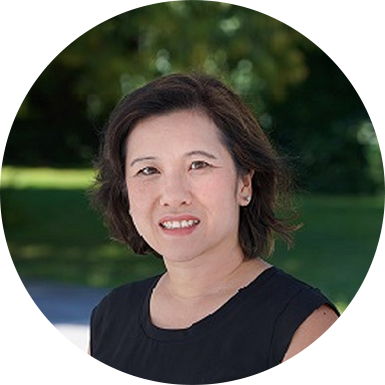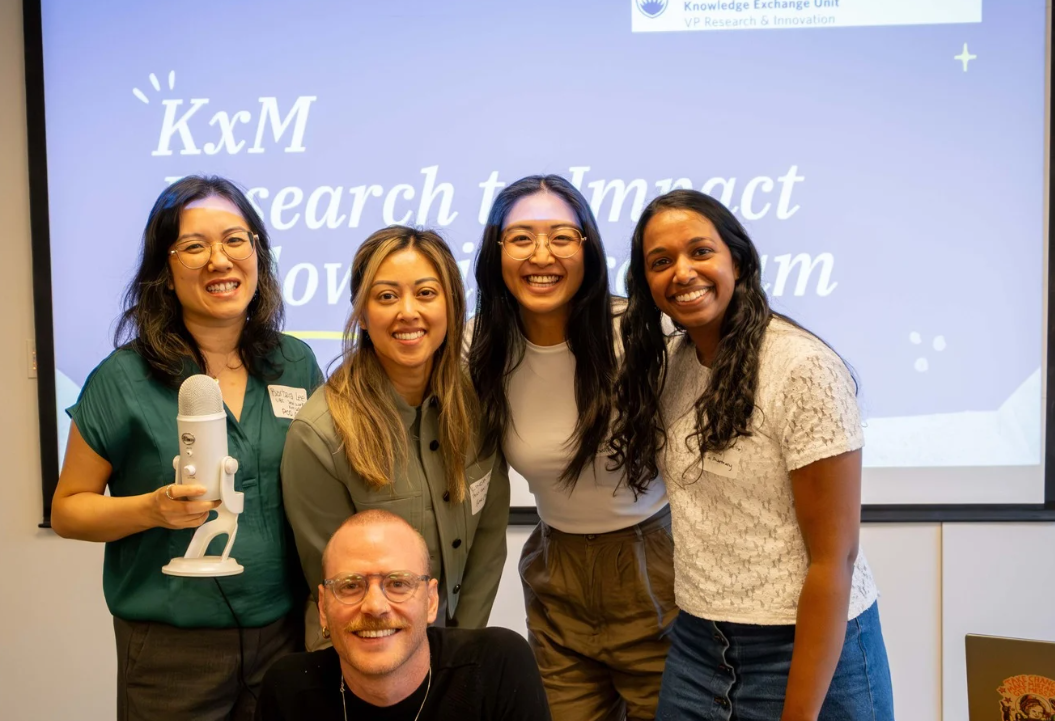Submission to The Social Lens: A Social Work Action Blog by Hannah Kia, Assistant Professor and Antoine Coulombe, Assistant Professor of Teaching
Sexual and gender minority (SGM) communities continue to experience significant health inequities in the context of the COVID-19 pandemic. Lesbian, gay, bisexual, transgender, queer, Two-Spirit and other sexual and gender minority (LGBTQ/2S+) populations are, notably, highly susceptible to infection with SARS-CoV-2, the virus that causes COVID-19 (Gibb et al., 2020; Halkitis & Krause, 2020). They may also be particularly vulnerable to experiencing poor socioeconomic and mental health outcomes in the COVID-19 era (Gibb et al., 2020). These inequities may, in great part, be related to pre-existing social and health disparities affecting these groups that the pandemic has, since its start, helped exacerbate.
From before the COVID-19 era, SGM populations have been exposed to ubiquitous expressions of stigma and systemic discrimination targeting differences in sexual orientation, gender identity, and other intersecting dimensions of identity. Violence and victimization rooted in these social forces have, in turn, been associated with disproportionately adverse social and health outcomes such as precarious housing, un- and under-employment, low social support, depression, anxiety, and suicidality among SGM groups (Gibb et al., 2020). During the COVID-19 pandemic, public health restrictions such as social distancing, along with other implications of living in this challenging period, have triggered a worsening of many of these conditions (EGALE, 2020). For example, SGM youth sheltering with family members who are hostile to LGBTQ/2S+ communities may, in addition to feeling isolated, be especially susceptible to victimization. Given pre-existing disparities in areas such as housing and employment, SGM people may also be disproportionately likely to encounter problems such as homelessness and food insecurity as they navigate the unstable socioeconomic climate brought on by the pandemic (Drabble & Eliason, 2021).
For social workers, these issues warrant urgent consideration. Given the profession’s fervent commitment to recognizing community strengths and addressing social injustice, we believe social work practitioners, educators, and researchers can use this opportunity to not only identify how SGM groups are navigating the many difficulties of life in the COVID-19 era, but to harness areas of resilience to help address the worsening inequities. For example, social workers are in an ideal position to raise awareness about the inequities that SGM populations are currently experiencing. Drawing on peer-based (and often virtual) networks of care and support that SGM communities currently rely upon to survive the challenges of the pandemic (Drabble & Eliason, 2021), social workers can also help sustain these movements by recognizing the importance of these networks, and by supporting them through sharing insights on community organizing and development. Social workers can be allies in movements against various forms of injustice and help advocate for greater recognition of the priorities of SGM communities amid the COVID-19 pandemic. We believe that greater familiarity, engagement, activity, and allyship in the area of SGM health, among social work practitioners, educators, and researchers, would not only represent a necessary contribution, but would also align with the social work profession’s vision for a more socially just world, especially during these unprecedented times.
References
Drabble, L.A., Eliason, M.J. (2021). Introduction to special issue: Impacts of the COVID-19 pandemic on LGBTQ+ health and well-being. Journal of Homosexuality. https://doi.org/10.1080/00918369.2020.1868182
Gibb, J.K., Dubois, L.Z., Williams, S., McKerracher, S., Juster, R.-P. & Fields, J. (2020). Sexual and gender minority health vulnerabilities during the COVID-19 health crisis. American Journal of Human Biology. https://doi.org/10.1002/ajhb.23499
Halkitis, P.N. & Krause, K.D. (2020). COVID-19 in LGBTQ populations. Annals of LGBTQ Public and Population Health, 1(4), 249-253. https://doi.org/10.1891/LGBTQ-2020-0072
EGALE (2020) Impact of COVID-19 on the LGBTQI2S Community – First and Second National Report, Canada
The Social Lens: A Social Work Action Blog - the views and opinions expressed in this blog are solely those of the original author(s) and do not express the views of the UBC School of Social Work and/or the other contributors to the blog. The blog aims to uphold the School's values and mission.


